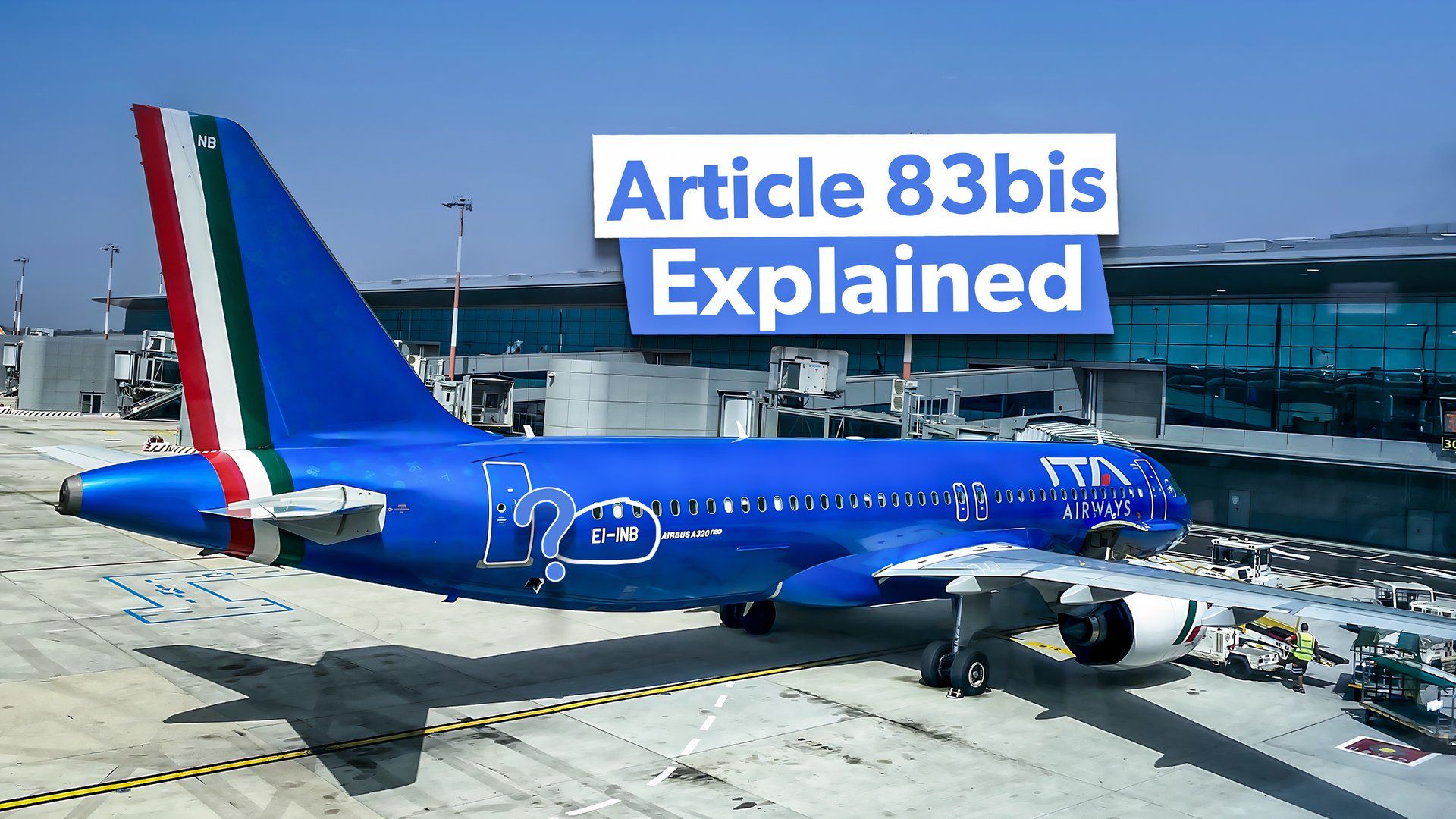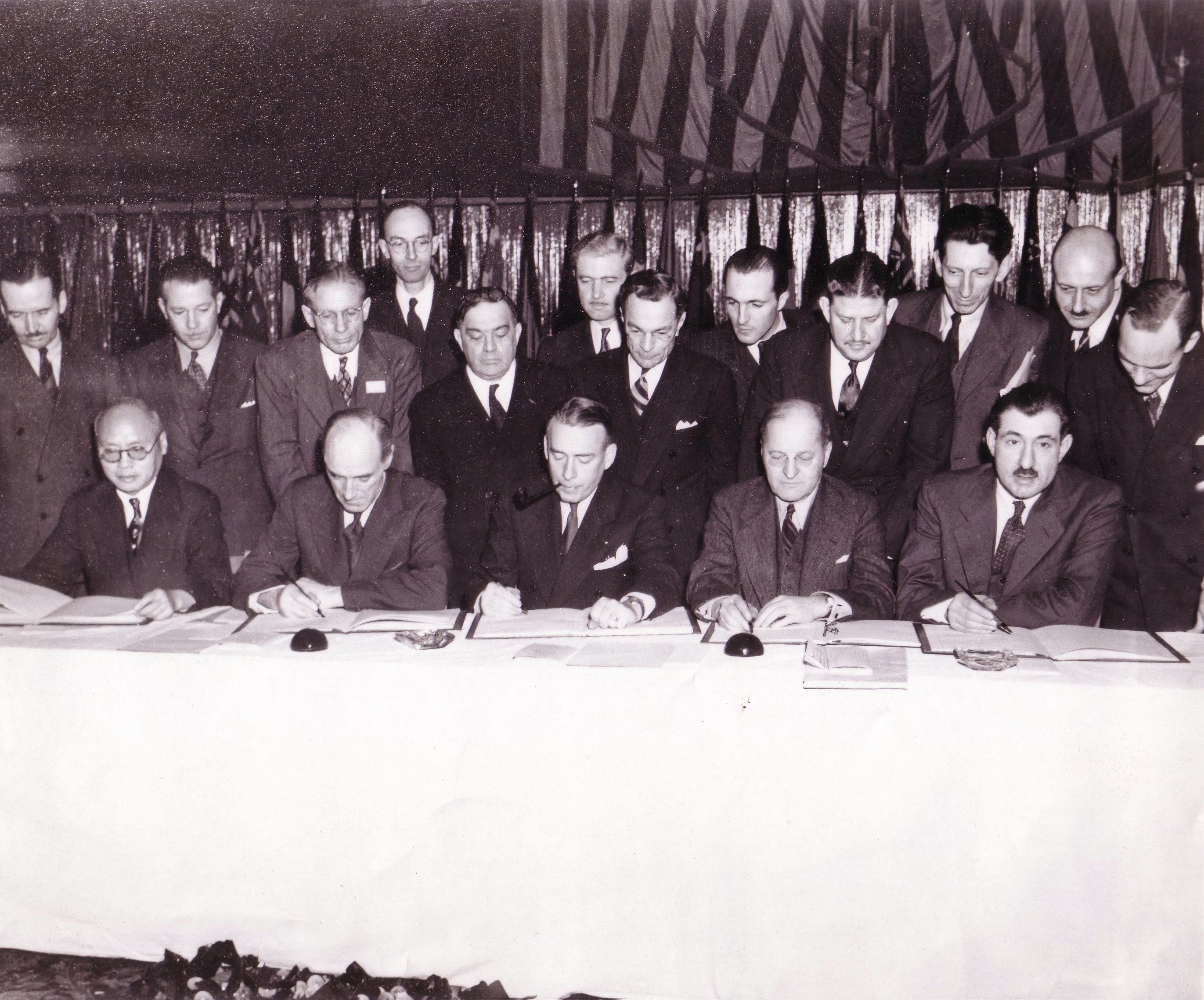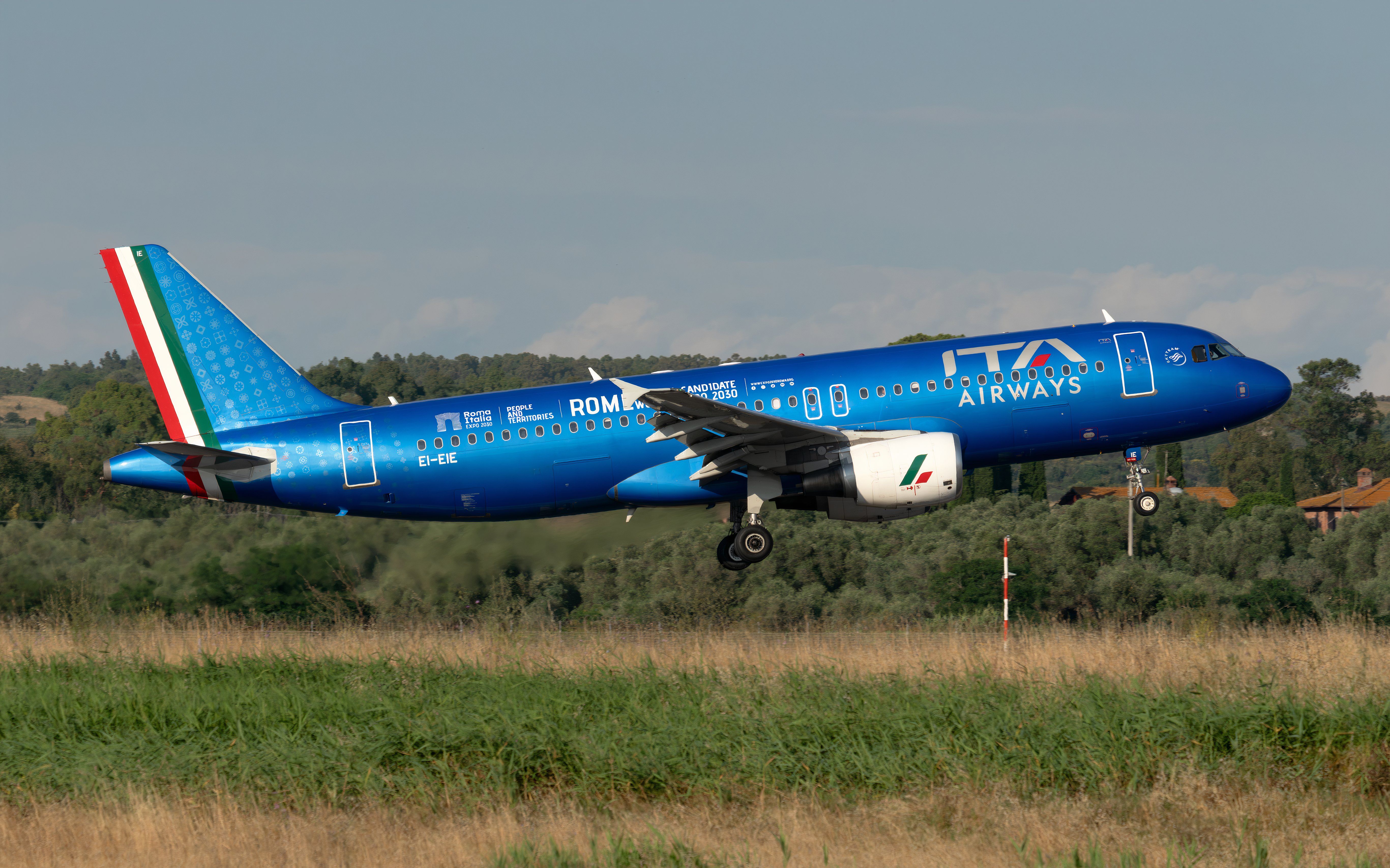Summary
- The Chicago Convention establishes international aviation law and regulations, with Article 83bis addressing aircraft leasing and transferring responsibilities between States of Registry and Operator.
- Article 83bis agreements clarify safety obligations, streamline procedures, and improve aviation safety.
- Article 83bis agreements can cover individual or multiple aircraft and provide benefits to both the State of Registry and the State of Operator.
The Convention on International Civil Aviation, commonly referred to as the Chicago Convention, is widely recognized as the foundation of international aviation law and regulation. Under the Convention, member states agree to implement regulations that comply with the minimum standards and to allow aircraft from other signatory countries to operate within their domestic airspace.
Article 83bis was established to address the growth of the aviation industry and the increasing trend of aircraft leasing. This provision allows for the transfer of specific responsibilities and duties from the State of Registry (where the aircraft is registered) to the State of Operator (where the aircraft is operated). This article is important for clarifying safety obligations, streamlining procedures, and ultimately improving aviation safety.
The Chicago Convention
The Convention on International Civil Aviation, more popularly known as the Chicago Convention, was a groundbreaking agreement signed in 1944. The Convention introduced comprehensive international rules on various issues, including aircraft airworthiness and operation, licensing, and the recognition of each nation’s sovereignty over its domestic airspace.
Under the Chicago Convention, which is administered and monitored by the International Civil Aviation Organization (ICAO), the state of an aircraft’s operation (State of Operator) regulates the commercial operation of aircraft and supervises its operators. The state of the aircraft’s registration (State of Registry) is responsible for ensuring that the registered aircraft complies with the Convention’s operating rules and maintains safety standards.
Before the 1980s, distinguishing between an aircraft’s State of Operator and State of Registry was mostly irrelevant. At this time, before the rapid expansion of the international leasing industry, the two states were often the same country. However, with the advent of international leasing and ownership structures, it has become more common for the State of Operator and State of Registry to differ.
According to Dentons, a global law firm, this shift has occurred because aircraft financiers and lessors often hesitate to engage in transactions where the lessee is in a jurisdiction deemed “unfriendly.” This could be due to an unpredictable legal framework for repossession or due to political or social instability. As a result, carriers in these jurisdictions often have difficulty financing aircraft.
Article 83bis
In response to this changing dynamic, an amendment to the Chicago Convention was unanimously approved by the ICAO in 1980 and enacted in 1997. Per the ICAO, Article 83bis states:
“…when an aircraft registered in a contracting State is operated pursuant to an agreement for the lease, charter or interchange of the aircraft or any similar arrangement by an operator who has his principal place of business or, if he has no such place of business, his permanent residence in another contracting State, the State of registry may, by agreement with such other State, transfer to it all or part of its functions and duties as State of registry in respect of that aircraft… State of registry shall be relieved of responsibility in respect of the functions and duties transferred.”
In short, Article 83bis establishes a framework that permits the State of Registry to transfer supervisory responsibilities for an aircraft to the State of Operator. These agreements are essential in structuring cross-border aviation transactions and ensuring safety oversight of aircraft operated from another state.
Photo: Vincenzo Pace | Simple Flying
Article 83bis agreements also benefit operators with multiple aircraft registered in more than one state since they permit flight crew to be licensed according to the same requirements and fly all the aircraft in the operator’s fleet. Further, many operators note that Article 83bis agreements reduce leasing costs and allow for a higher resale value.
For an operator to take advantage of an Article 83bis agreement, the State of Registry and the State Operator must adhere to certain rules and procedures. According to the Article’s guidelines, operators wishing to make a valid transfer of responsibilities must:
- Both be ICAO member states that have ratified Article 83bis
- Enter into an Article 83bis agreement detailing the responsibilities that will be transferred from the State of Registry to the State of Operator
- Notify the other ICAO members of the Article 83bis agreement by depositing the agreement with ICAO.
Article 83bis agreements can cover individual or multiple aircraft or be framework agreements with changing schedules that specify the aircraft involved. Most Article 83bis agreements provide for one jurisdiction to be the State of Registry and the other the State of Operator. However, the agreements can also allow either jurisdiction to transfer State of Registry responsibilities to the other.
Only some of the Convention’s articles can be included in a transfer under Article 83bis. These articles are:
- Article 12 (Rules of the Air)
- Article 30 (Radio Licensing)
- Article 31 (Certificate of Airworthiness)
- Article 32a (Flight Crew Licenses)
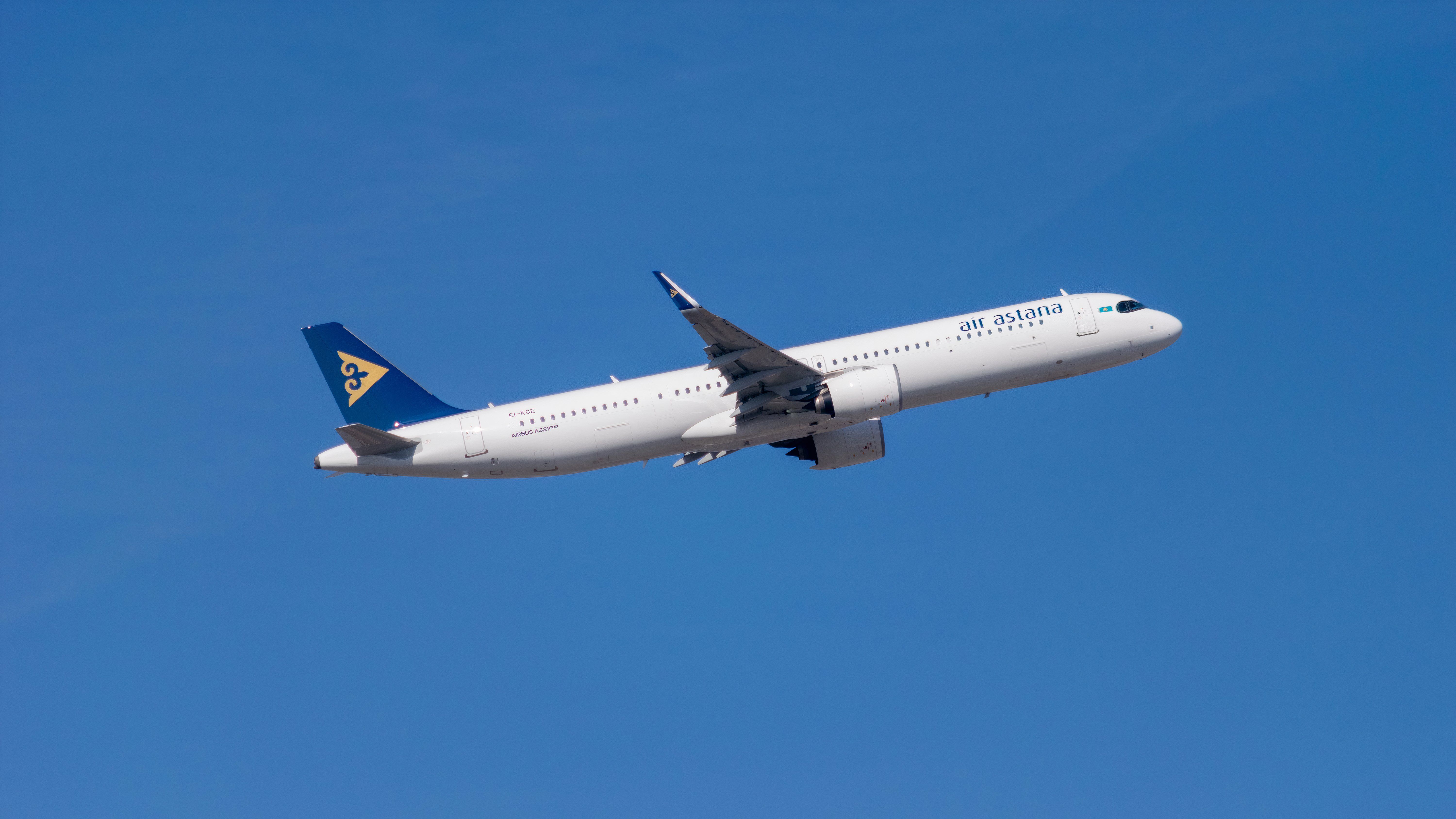
Benefits of Article 83bis agreements
Most operators have found that Article 83bis agreements are extremely helpful in deescalating risk in certain jurisdictions that might otherwise be avoided or difficult to operate in. Lessors can have confidence in the State of Registry’s stability or predictability despite conditions in the State of Operator.
For airlines, Article 83bis agreements have several key benefits. These include:
- Access to a wider pool of international financing and leasing options, which results in more competitive lease rates and cheaper financing
- Efficient fleet management, as maintaining a fleet of aircraft on a single registry under a unified set of standards reduces the burden and cost of compliance
The involved aviation authorities also benefit. Primarily, the increased registry size provides revenue for the State of Registry. Additionally, as explained in a report by Dentons, the State of Registry also gains:
“…the obvious benefit of the market perception of that registry representing a ‘gold standard’ in aircraft registration and maintenance standards.”
The State of Operator also benefits from Article 83bis agreements. The aviation authorities in these jurisdictions are likely to improve their own standing and recognition by collaborating with and learning from the State of Registry.
Article 83bis agreement examples
There are many past and present examples of Article 83bis agreements between states. Due to the finite nature of such agreements, as well as their dependence on some sort of stability and alliance between parties, these agreements can change or terminate.
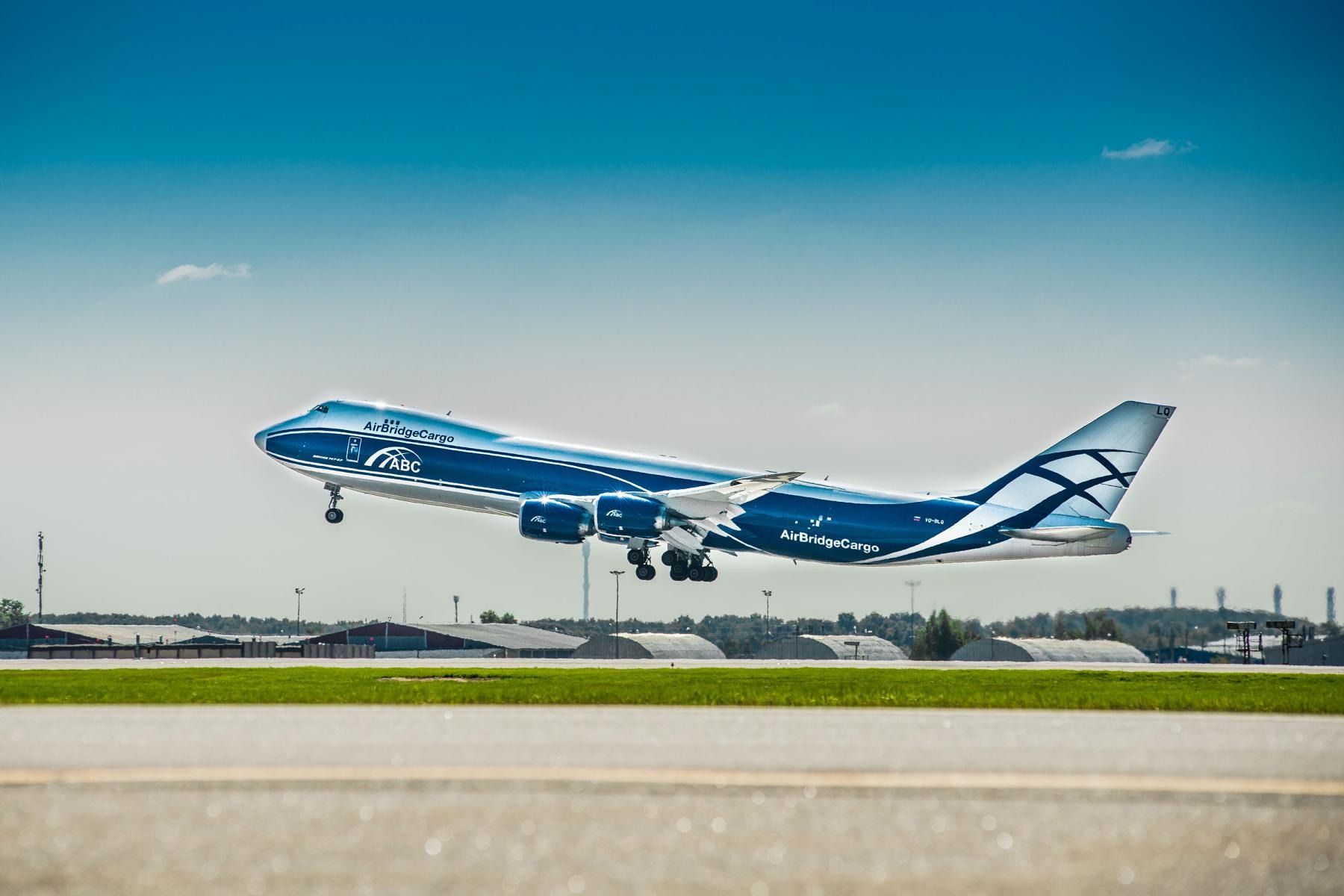
Related
Parked Russian Boeing 747 And 737 Reactivated After 2 Years
The 747-8F was repossessed.
Some examples of necessary Article 83bis agreements include those involving British Overseas Territories (OTs). The geographical distance between these jurisdictions and where their aircraft operate makes overseeing the aircraft difficult. Per Policy Statement 40, as shared by Air Safety Support International, Article 83bis agreements are used to transfer some elements of the responsibilities to the States where the aircraft are based.
Another example is the Article 38bis agreement between the Republics of Ireland and Kazakhstan, where the latter’s Air Astana fleet bears Irish registrations. In this agreement, the State of Registry (Ireland) retains responsibility for supervising airworthiness, as shared by the Irish Aviation Authority in 2021.
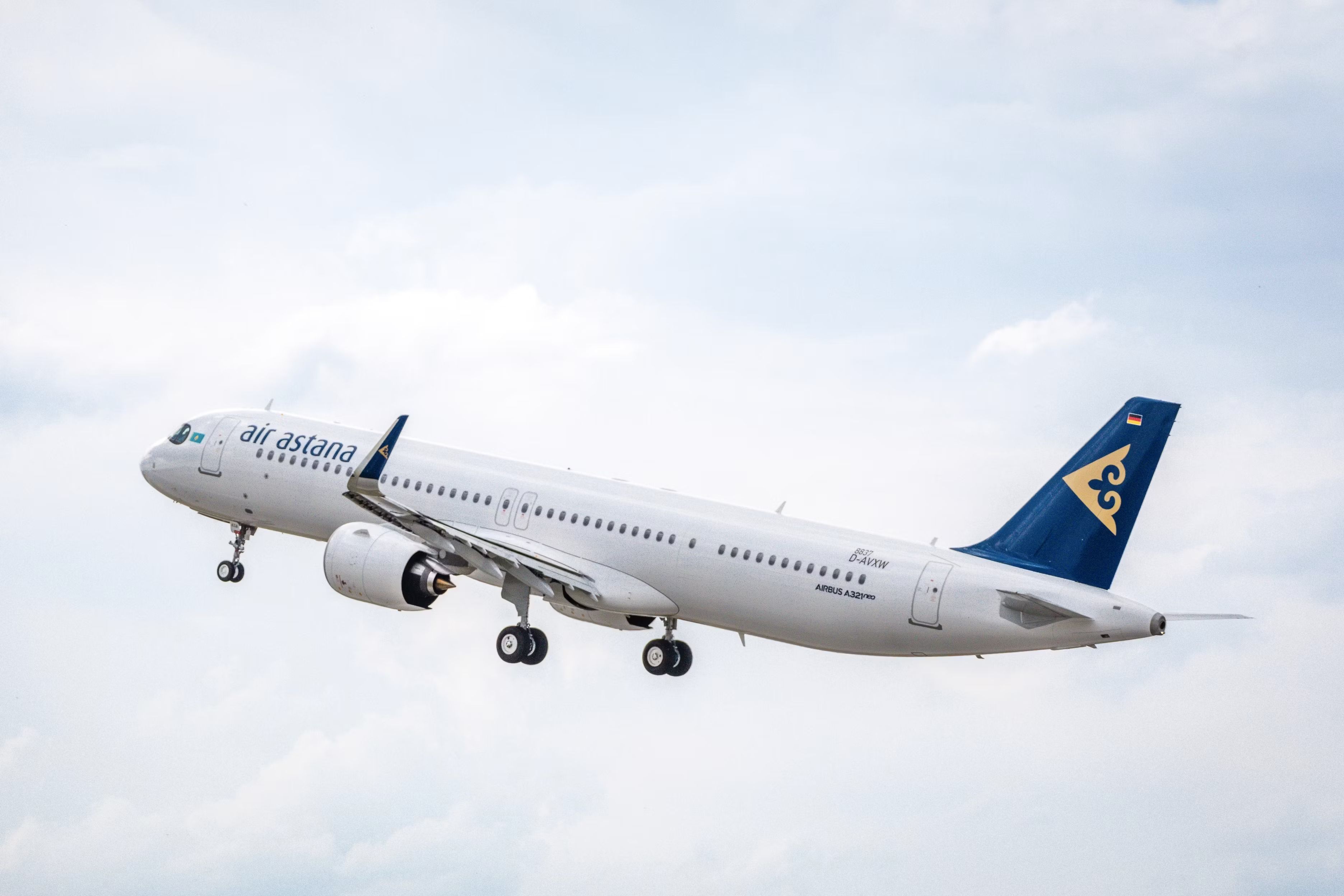
Related
Air Astana Caps Off Successful April With Emergency Trainers
In the space of a few weeks Air Astana has announced three strategically important developments that set it and FlyArystan up for future success.
Other Article 38bis agreements include those between the Republic of San Marino and Lebanon, which has been active since 2014, and San Marino and the Kingdom of Saudi Arabia, which the San Marino Aircraft Registry states as active since 2015. Similarly, the Bermuda Aircraft Registry has active Article 83bis agreements with Azerbaijan, Tajikistan, and Kazakhstan, per the Bermuda Civil Aviation Authority.

